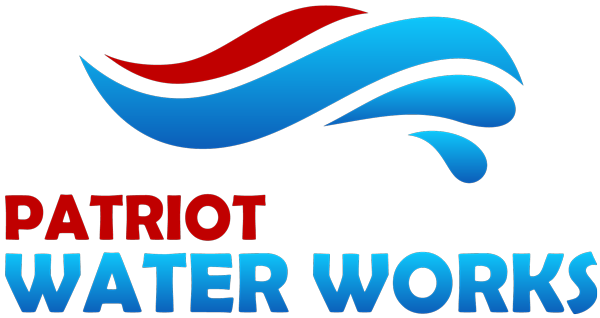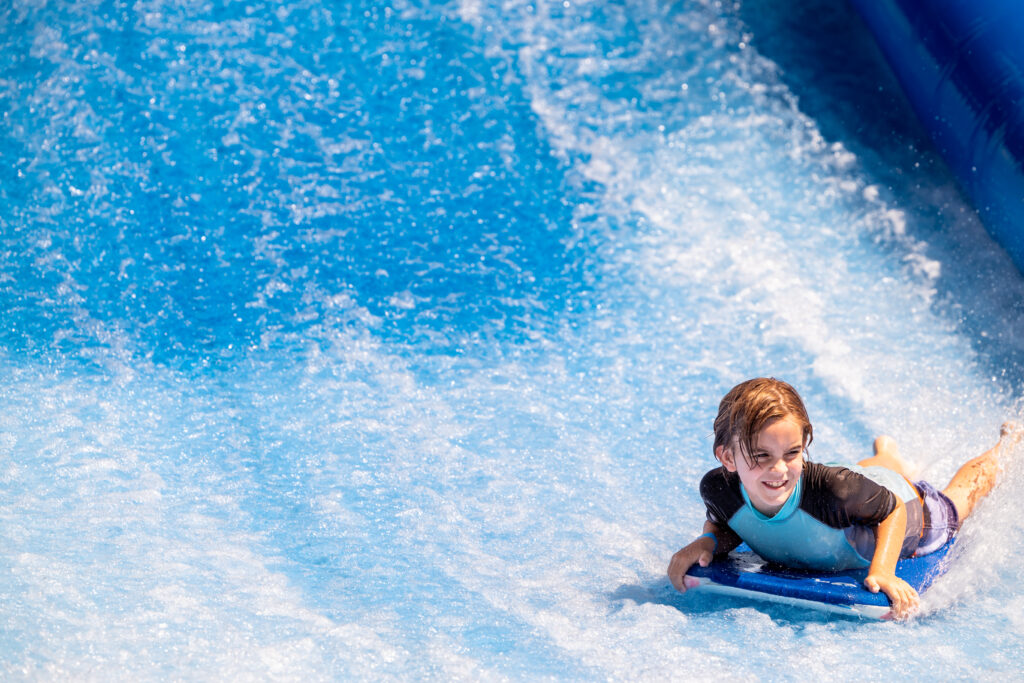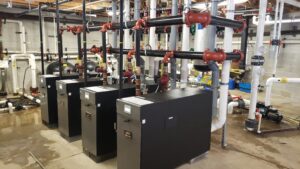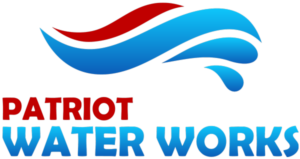Commercial Swimming Pools: How to Choose the Right Equipment
Keeping the water in a commercial swimming pool spotless requires specialized equipment. Your pool can be a beautiful and healthy place to swim with the help of a water treatment system, filtration system, pool pump, chlorinator, and heating pump. The correct commercial swimming pool equipment and supplies can make or break an business’ pool.
Treatment Systems for Commercial Pool Water
The goal of installing a commercial pool water treatment system is to provide a safe and sanitary swimming environment. Components include the following:
· UV System
· PH Minus System
· Metering Pump
· Chlorinator
· Water Treatment Controller
The cleanliness and safety of your pool water may be always ensured by installing a water treatment controller.
The chlorinator’s job is to slowly release chlorine into the water, which is the most effective and safe method for disinfecting it. While it’s clear that overdosing on chlorine can be harmful, using too little won’t do much to keep the water clean.
A metering pump is essential for the proper distribution of chemicals into your pool. This device allows you to add various substances to your pool water. A metering pump may more precisely discharge chemicals into commercial pools because of the pool’s tiny size and the sensitivity of the pump’s gauges.
It’s important to maintain a stable pH level in your pool to avoid serious problems. There will be no sanitation in your pool, and swimmers may endure skin and eye discomfort as a result. Your pool’s pH will be perfectly balanced with the help of a pH-negative system.
Finally, installing a UV pool system is yet another preventative measure for public swimming pools. These devices get rid of any chlorine waste in your pool while reducing the amount of chemicals used. Costs associated with maintaining a swimming pool are decreased by using such a system due to the elimination of pathogen destruction and algaecide application.
Chlorinators for Commercial Pools
Because it eliminates bacteria, chlorine makes your public pool a healthier option for swimmers. One of the most crucial commercial pool chemicals, chlorine can be difficult to dose correctly. Too much can be dangerous to your health, while too little will render the chlorine ineffective. The ideal chlorine concentration for a commercial pool is between 1-3 parts per million. As water circulates through the pool’s filtration system, it passes through a chlorinator to be purified. It is possible to control the amount of chlorine used in a pool by selecting the appropriate chlorinator.
Filtration Systems for Commercial Pools
A filtration system is another crucial piece of machinery for commercial pools. Because of the necessity for compatibility between the two, selecting a filtration system and a chlorinator must be done simultaneously. Finding the optimal filter size will cut down on the time spent keeping your pool in tip-top shape. Finding the right filter is easy once you learn that they are measured in gallons per minute (GPM). In one minute, your water filter will process this many gallons of water. The turnover rate is the average number of times per hour that the entire pool’s water is filtered and recirculated by the filter. The location, provincial regulations, and pool type all play a role in determining the required rotation rate. As an illustration, whereas a bigger commercial pool should have a rotation rate of six hours, a spa pool’s turnover rate should be no less than thirty minutes.
Pumps for Commercial Swimming Pools
A swimming pool pump is vital to the filtration process, as it constantly circulates the water. Consider your filtration and backwash setup while shopping for a pool pump. In these pools, two pumps work in tandem, each at 50% efficiency. The flow rate of your pool pump should be the same as, or slightly lower than, the flow rate of your filter. Using a pump with a higher GPM than your filter may cause inefficient water flow and wear out your pump and filter faster. Guests’ well-being and safety could be jeopardized if you don’t obtain a pump that’s properly sized for your pool. Algae growth may also be obvious.
Heating Systems for Commercial Pools
Ice cold pools are no fun for swimmers. That’s why it’s so important to have a solid heating system! A heat pump is one type of heating system, while a heat exchanger is another. Both methods are safe for the planet, but one is better at maintaining a consistent temperature in swimming pools. Heat pumps transmit existing heat from one medium (usually water) to another. They shine in sunny settings and along the pool in the summer. As an alternative, a heat exchanger can be installed to increase the pool’s temperature using hot water from a boiler or solar-heated water circuit. Without any physical contact between the two fluids, heat is transferred to the pool water. This heating system is best for indoor pools. Used in tandem with a ventilation system.
It stands to reason that the larger the desired temperature increase over the ambient air temperature, the more potent the heating system must be. Both the pool’s surface area and volume should be considered when determining the pool’s size. Most of the heat is dissipated through the skin. In order to achieve the same temperature in a deep pool as in a shallow one, a more powerful heater is required for the former.
Patriot Water Works – We Can Help!
Patriot Water Works is here to assist you in your search for the best commercial swimming pool equipment and supplies. Depending on what you need for your pool, we can locate the appropriate equipment for you. We’ll not only supply it, but also properly install it so that your pool is up and running as soon as feasible. Get in contact with Patriot Water Works right away for a free consultation!



